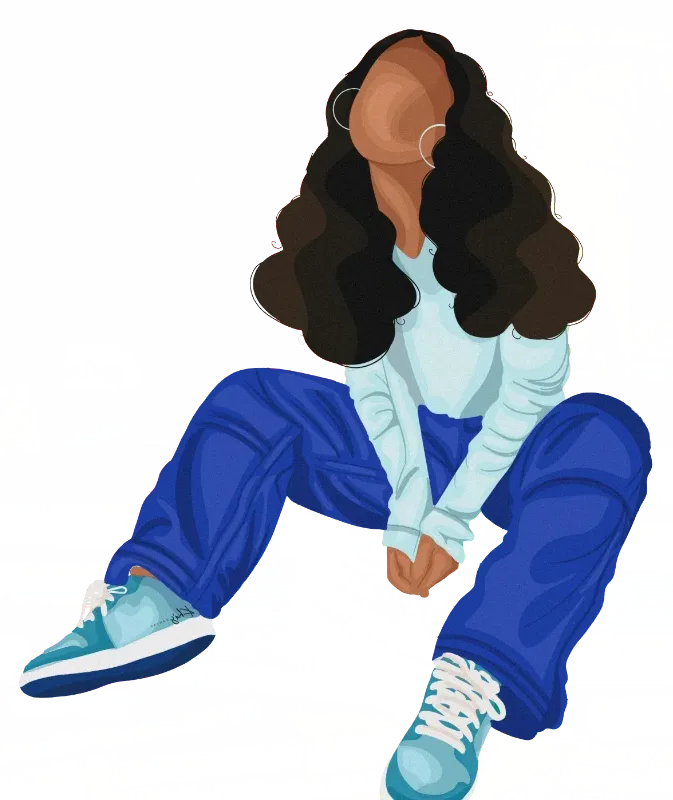STILE-OLOGY

My positionality as a Black mother studying and working in the academy is important because using “Stile-ology” as a method inserts Black feminist, womanist, and girlhood methodologies into a framework that places participatory research at its core while using ethnography for further insights, reflections, and critical examinations. Being a “stileologist” insists I honor a Black girl rhetoric that is ultimately defined by Black girls. Stile-ology sees Black girls as equal to their white counterparts, redeems girlhood, and establishes a safe space for girls to exist free from surveillance and punishment. Recognizing and honoring Black girls’ embodied literacies and rhetorical practices will build their confidence and combat white supremacist logics that have undermined and endangered Black girlhood.
The academy calls this work public humanities, but STILE is love in action and world building for me. I am truly grateful for my Albert Schweitzer and ACLS Fellowships that allow me to do this public service, public facing work in the humanities. As I think critically about my approaches, I find myself wondering what it means to show up for black girls in a way where I’m not their teacher, but a mentor who insists they see themselves outside of society’s pathology and damning labels. Scholars like Ruth Nicole Brown and Elaine Richardson have created foundational pathways for me to consider and I am grateful for Brown’s SOLHOT framework that influenced STILE’s conception. I am also thankful for the mentorship I have at TCU from expert voices who pour into Stile-ology. Reminding young Black girls of their purity and innocence, ability and potential through affirmations in a refuge space offers them the support, confidence, and self-esteem they need to navigate their social worlds. Stile-ology demands actions that include loving and believing in Black girlhood.

